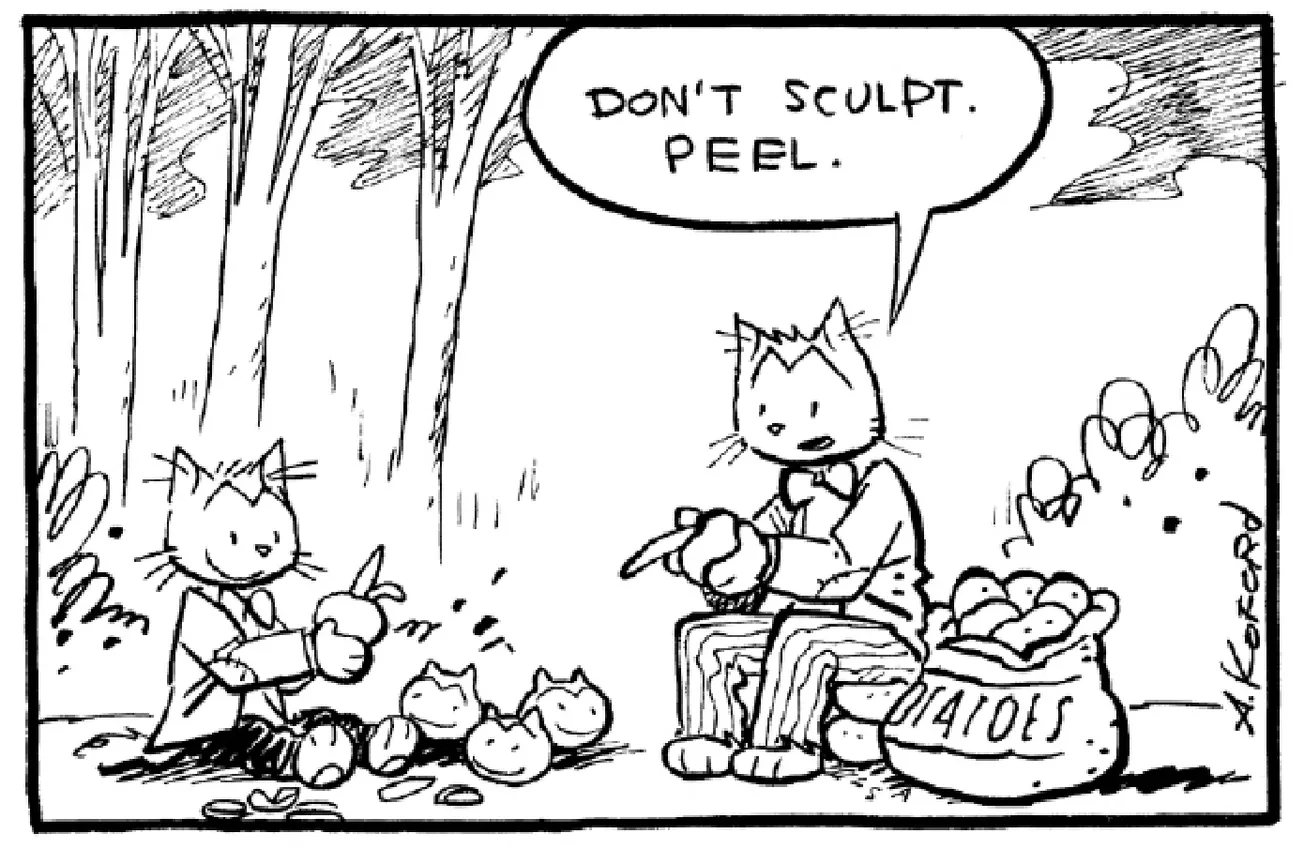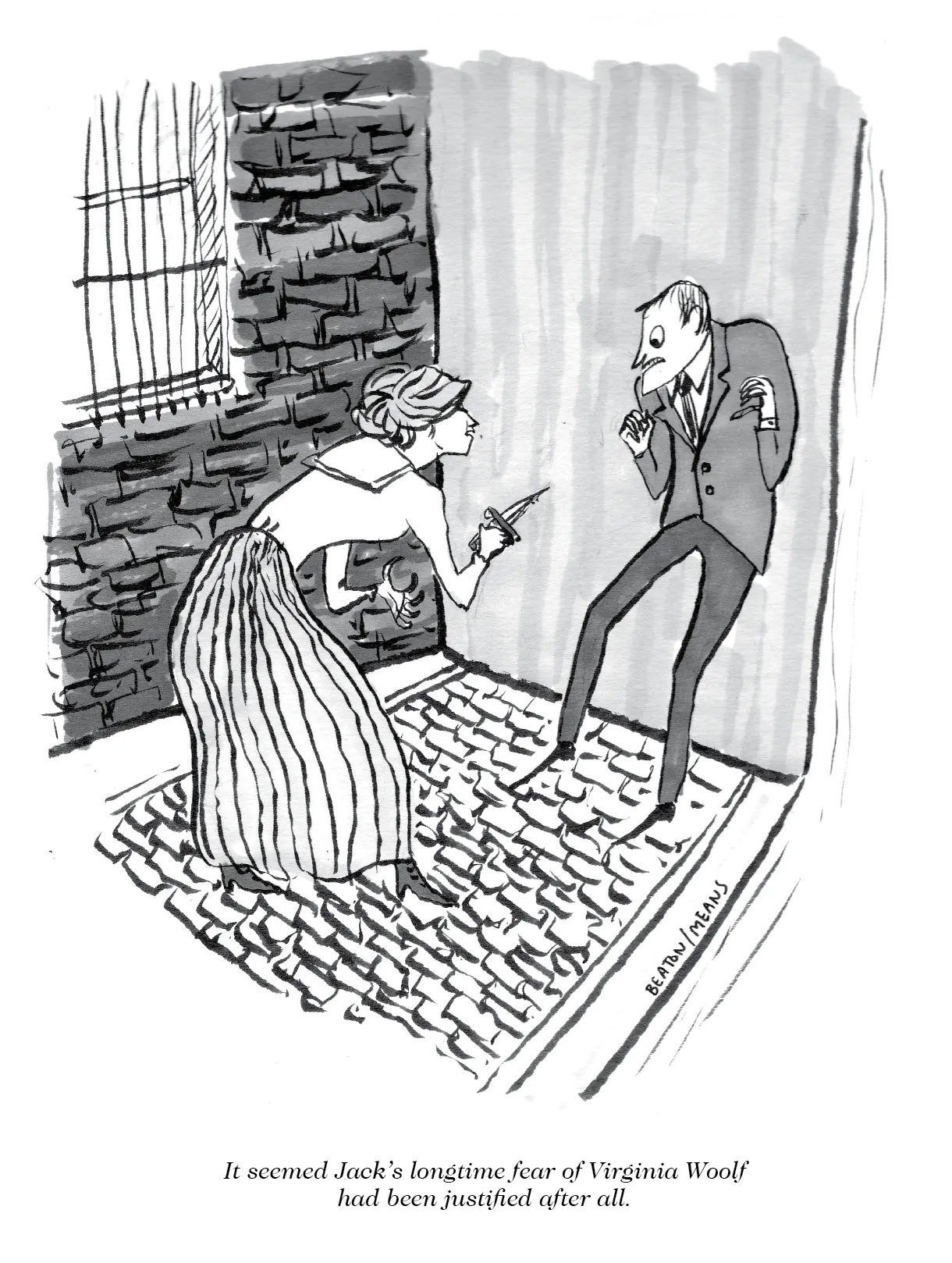Last week, I announced that The Bystander is launching a Fantasy Baseball league for print mag and Viral Load subscribers. This week, after signing up with great vigor, a manager wrote in to say, “I have never played fantasy baseball! How do you do it?”
This is the kind of jump-first-then-see-if-the-pool-has-water-type attitude that has made my own life so very special, and I want to honor it by answering this question as thoroughly as I can.
The Basics.
To play fantasy baseball, you first select a group of real-life players via the draft, then improve this motley crew over the season via waivers and trading. “Waivers” is another word for the discard pile; trading is self-explanatory.
Put simply, the goal of this game is to fashion the best team possible—the pitchers with the most wins and saves, and the lowest combined ERA; the hitters who swat the most dingers, swipe the most stolen bases, and…you get the picture. Good managers (that’s you) are constantly reading and researching statistics and trends, projecting matchups, and even monitoring the status of top farm-team prospects. It is impossible to be gainfully employed, parent children, or maintain a healthy romantic relationship while playing fantasy sports.
That is why people do it.
The Draft.All the managers in the league get together at a certain time to pick their players. Since everyone with a brain wants the same limited number of supremely valuable talents, this is a mutually frustrating experience, which can be perversely enjoyable. Like families that keep playing Monopoly every Christmas even though someone always leaves cursing and crying and swearing silently to themselves, “No inheritance is worth this!”
This is called trauma-bonding and is used by cults.
I personally like to “autodraft,” which is when the computer picks your players for you, based on expert rankings. This is no worse than when I do it my inexpert self, and also gives me someone to blame when my season inevitably goes south. [MG taps noggin—always thinkin’]
However: After every draft, even though you can know that, by any objective measure, your team is truly dogshit, some small part of you will fall in love with it. “Maybe Ramirez isn’t washed up,” you’ll think. “Maybe Anderson has fixed the hole in his swing. And did you see that rocket Jackson hit in Spring Training? I bet he changed pharmacists! By God, maybe these guys will win it all!”
By God, they won’t. But you enjoy that.
Scoring.Each week as they play, your players (you hope!) accumulate stats in various categories: home runs, hits, stolen bases, wins, strike outs, etc. Each week, your bums are compared to another group of bums managed by your opponent. On a hot week, you might win 10 categories, lose 3, and tie 3. At the end of the week, your wins, losses and ties are added to your year’s totals, which give you a position in the standings, e.g., 114 wins, 68 losses, 14 ties.
Each week’s performance has a direct impact on your self-esteem, so please do have a therapist ready.
The Playoffs.
At the end of your fantasy season—well before the end of the real season, and well after you’ve stopped caring—the top four or six teams battle it out for several weeks in a seeded playoff format, and a winner is determined. As with successful stock picking, the winner of this profoundly random process feels an almost divine sense of having predicted the future. I have had bestselling books, the world’s greatest pizza, and the love of a good woman, and the frisson of omnipotence generated by winning a fantasy league is…well, cocaine addicts think you’re the asshole.
The League.
We are using Yahoo, which is easy to use, recalls a simpler time (2005), and keeps you up to date on beefs between poisonous spiders. All teams are presided over by a Commissioner, in this case, “Kennesaw Mountain” Gerber. All decisions of the Commissioner are final and, I hope, entertaining.
Sometimes leagues have a cash buy-in, just to crank the maelstrom of emotions one degree higher. This means you send $50 to the commissioner trusting that he will keep it and award it to the winner of the league and not, as in my case, spend it on neckties.
To curb my instinct towards larceny, Bystander’s league has no buy-in. Instead, the winner will get a prize of my choosing, which will be entirely worthless—except if one or more managers shoots the President or something (probably to get back at another manager—see “General Decorum” below). In this event I, Kennesaw Mountain Gerber, will require the winner to donate said object to the Library of Congress.
General Decorum.We are going to keep things friendly, which may not be easy. According to Stanley Powers, sociologist at Yale, “The immense social pressures once relieved by dueling are now exacerbated by fantasy sports.”
The longer the players have known each other, and the more outwardly genial things are, the greater this tension becomes. First every week’s results, then every category, is freighted with a lifetime of slights and resentments. As fantasy sports are cruelly unpredictable—and baseball most of all—a fantasy league is a combustible mixture.
As Commissioner, I would like to formally remind all participants that, according to Santa Monica City Code 13.42, “Murder is illegal.”
• • •
We have a league’s worth already, but if this sounds good to you—and god, why would it?—I will continue to add new managers in sets of two until 9 am Pacific Monday morning. Then we will decide on a time for the draft. The comments below are a perfect place for any additional questions, which will be answered in the same haphazard, highly confusing fashion as above.
So: let us now PLAY BALL.





